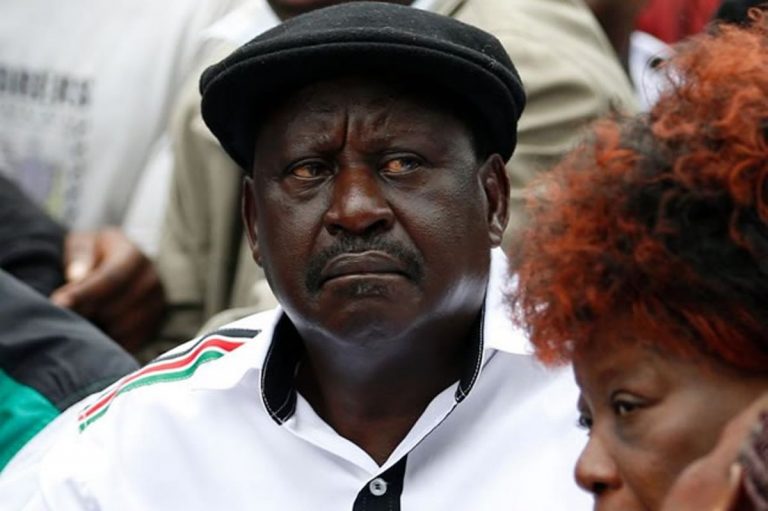Raila Odinga, Kenya’s ex-Prime Minister who made his fifth bid for the presidency this year, has lost his challenge of the election at the Supreme Court, removing the final legal obstacle in the way of Williams Ruto, the Deputy President whose emergence as President after a dramatic and drawn-out vote count was affirmed.
Odinga, an establishment politician whose determined bid to become president has drawn comparisons with Nigeria’s Atiku Abubakar, rejected Ruto’s declared victory by the electoral body, alleging irregularities and massive fraud in a petition to the Supreme Court seeking to overturn the victory.
His petition was, however, dismissed in a verdict delivered Monday, September 5, after the court failed to be persuaded by Odinga’s claims.
The court said it was “not persuaded by the allegation that technology deployed by the IEBC failed the standard the test of integrity, verifiability, security and transparency”.
It also said, “no credible evidence was presented to prove that anyone accessed the results transmission system to intercept, detain or tamper with the results before they were uploaded to the portal”.
Odinga’s ‘hacking’ claim was similar to Atiku’s challenge of President Muhammadu Buhari’s victory in 2019 when he filed a suit built on a purported ‘electoral server’ that eventually crumbled due to insufficient evidence.
Odinga’s defeat came as a surprise given his political experience and dust-raising alliance with the outgoing President Uhuru Kenyatta, a man with whom he has maintained a frosty relationship and had dueled against in the past for his seat and political dominance in the east African country.
With Odinga now condemned to a fifth failure, many wonder if this is the final, decisive blow, and whether or not he will recede into political retirement, ending his decades-long pursuit of the country’s highest office.

